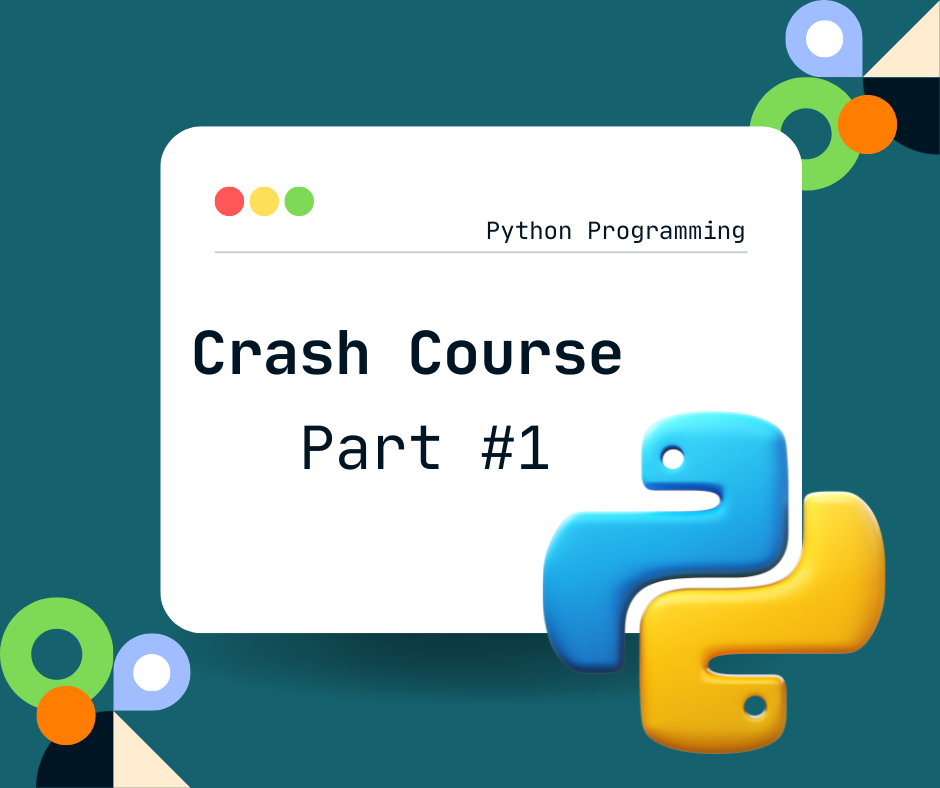1. Python Programming:
Taking Up Python is a strong and flexible programming language that is frequently employed in web development and data research. We’ll look at the basic building blocks of Python programming in this course. Anyone wishing to start their journey into Python programming must possess these foundations.
2. Knowledge of Data Types
Every programming language is built on data types and logic. Python gives a wide assortment of information types, like texts, floats, records, and numbers, and that’s only the tip of the iceberg. Top-to-bottom conversation of different information types will be given with the goal that you might figure out how to utilize them productively in Python programs. For working with information and factors in Python scripts, this understanding is fundamental.
3. Finding Out About Mathematical Operators
Python lets you perform a wide range of mathematical operations, from simple addition and subtraction to more complex ones. We’ll go over the numerous numerical administrators accessible in Python and give you true utilization models. For Python calculations and problem-solving, this knowledge is essential.
4. Python String Manipulation
Python’s fundamental data type for representing text is called a string. In this section, we’ll delve into the world of string manipulation and show you how to combine strings, separate them into smaller ones, and execute other operations on them. For processing strings in Python applications and working with text data, certain abilities are necessary.
5. Utilizing Lists
Python records are adaptable information structures that let you oversee and store assortments of articles. List tasks, for example, adding and erasing components, accessing components by file, and emphasizing through records, will be covered. A crucial component of mastering Python programming is being comfortable with lists.

6. Mastering Assignments with Variables
Python is no different from other programming languages in that variables are a fundamental idea. By demonstrating how to declare, initialize, and update variables in Python, we’ll walk you through variable assignments. For storing and manipulating data in your programs, understanding variables is essential.
7. Establishing a Stable Foundation
You should be well-versed in the fundamentals of Python programming by the time this tutorial is finished. Information types, numerical administrators, string control, list activities, and variable tasks will all be subjects you’ll be knowledgeable in. The foundational ideas of Python serve as the basis for increasingly complex subjects and projects in the Python development community. Start your Python journey with clarity and assurance now that you’ve established a solid basis for your programming career.
